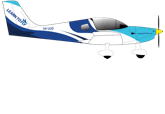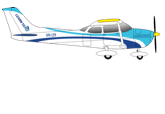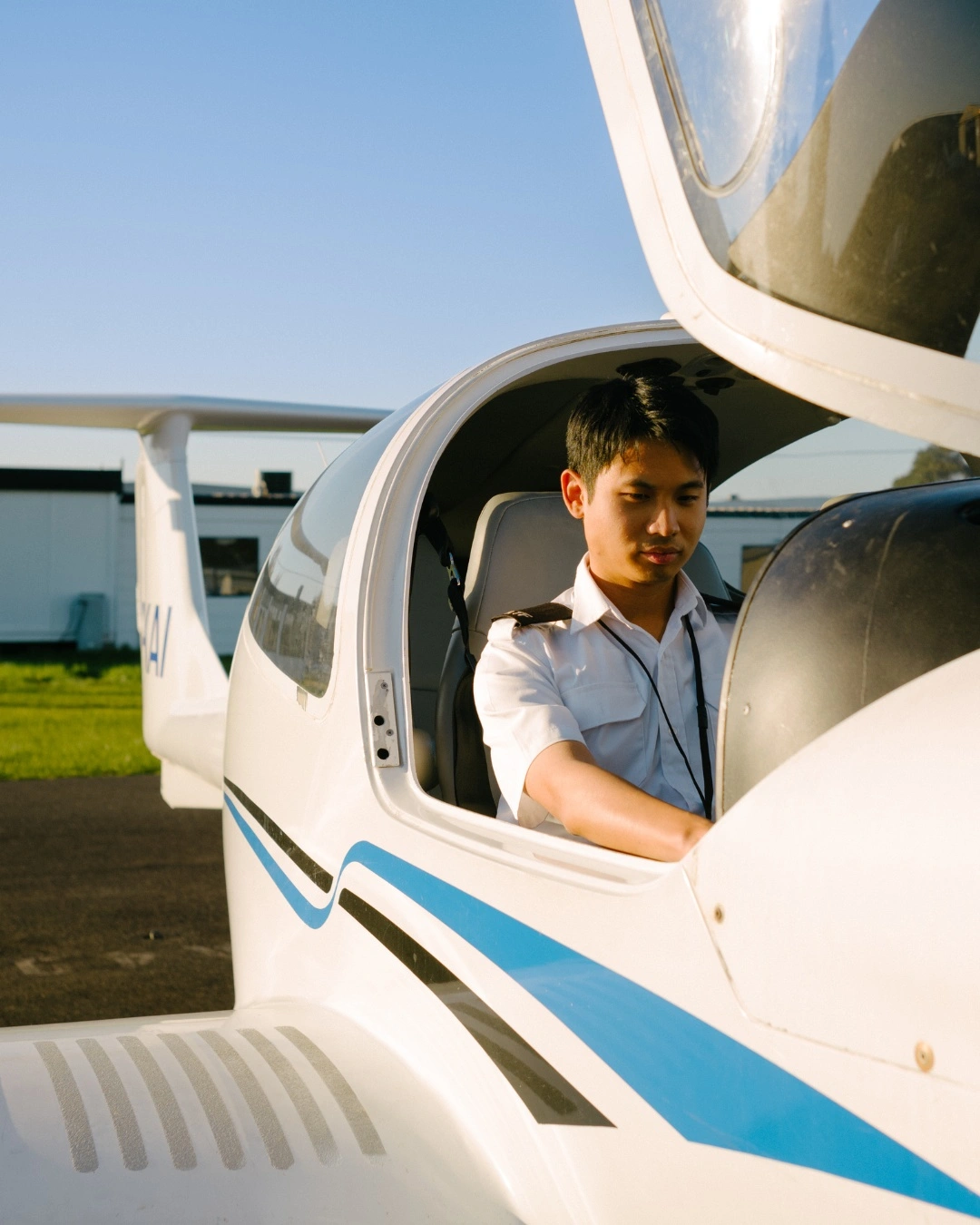
May 09, 2024
Studying At an Aviation Academy: What to Consider
Embarking on a journey to study at an aviation academy is an exciting prospect for aspiring pilots and aviation enthusiasts.
There are several key factors to know about studying at an aviation academy, from choosing the right academy to navigating visa requirements and exploring academic programs and opportunities.
Choosing the right aviation academy
Selecting the right aviation academy is the crucial first step for aspiring pilots embarking on their journey in aviation. Several factors must be carefully considered to ensure the chosen institution aligns with the student’s goals and aspirations.
Reputation is an important aspect to consider when evaluating aviation academies. A reputable institution is more likely to offer high-quality education, experienced faculty, and comprehensive training programs. Prospective students should research the academy’s track record, alumni success stories, and industry recognition to gauge its reputation accurately.
Accreditation and certification are indicators of an aviation academy’s quality and legitimacy. Students should prioritise academies accredited by reputable aviation regulatory bodies or national aviation authorities. Accreditation ensures that the academy meets stringent standards in curriculum, training, facilities, and student support services. Certification serves as a guarantee of excellence and adherence to industry best practices.
Evaluating the academy’s facilities, faculty expertise, and available programs and specialisations is essential. State-of-the-art training facilities equipped with modern simulators, aircraft, and maintenance facilities contribute significantly to the learning experience. Experienced faculty members with industry expertise, connections and a passion for teaching enhance the quality of education and mentorship provided to students.
Researching multiple academies, reading reviews, and considering factors such as location, cost, and curriculum alignment with career goals are crucial steps in the decision-making process. Finding an institute that supports the student’s requirements and aspirations is vital, as it will serve as the foundation for their career in aviation.
By carefully considering these factors, aspiring pilots can select the right aviation academy to begin their careers.
Navigating visa and immigration requirements for international students
International students must navigate visa and immigration requirements to study abroad. Each country has its own visa policies and procedures, therefore it is essential to research and understand the requirements for the destination country and the specific aviation academy. Seek guidance from the academy’s international student services office or immigration advisors for assistance with visa applications and compliance.
Costs and financial considerations
Studying at an aviation academy involves financial considerations beyond tuition fees, including living expenses, accommodation, travel, and insurance. Research and budget for all associated costs, explore scholarship and financial aid opportunities. Students should also consider factors such as currency exchange rates and the cost of living in the destination country.
Academic programs and specialisations offered
Aviation academies offer a range of academic programs and specialisations tailored to different career paths in aviation.
Whether pursuing a private pilot license, commercial pilot license, or advanced aviation degree, explore the curriculum, course offerings, and training facilities to ensure alignment with career aspirations and learning objectives.
School qualifications and training standards
School qualifications and training standards are critical indicators of the quality of education and training at an aviation academy.
Research the qualifications and experience of the flight school, including their aviation credentials, industry experience, and teaching qualifications. Some schools operate under Part 141 regulations, offering a non-integrated 200-hour Commercial Pilot License (CPL) flight training syllabus. Others are Part 142 certified, providing a 150-hour integrated CPL training syllabus. Opting for a Part 142 school can save you time and money by reducing the required flying hours by 50. Look for academies that adhere to rigorous training standards and employ experienced aviation professionals as instructors.
Campus facilities and resources available to international students
Campus facilities and resources play a significant role in the overall student experience at an aviation academy.
Evaluate the academy’s facilities, including classrooms, flight simulators, aircraft fleet, and training equipment. Consider factors such as safety standards, maintenance practices, and accessibility of resources for international students.
Student support services and cultural integration programs
International students may require additional support and assistance to adapt to a new academic and cultural environment. Look for aviation academies that offer comprehensive student support services, including orientation programs, academic advising, counselling services, and cultural integration programs. These services can help international students navigate academic challenges, cultural differences, and homesickness.
Internship and job placement opportunities for international students
Internship and job placement opportunities are valuable components of aviation education, providing hands-on experience and industry connections. Research the academy’s partnerships with aviation companies, airlines, and employers for internship and job placement opportunities. Consider factors such as the academy’s track record of student placement and alumni success in the aviation industry.
Studying at an aviation academy offers a unique opportunity for aspiring pilots to pursue their passion for aviation and achieve their career goals. By carefully considering factors such as academy reputation, accreditation, visa requirements, costs, academic programs, faculty qualifications, campus facilities, student support services, and internship opportunities, international students can make informed decisions and embark on a successful journey in aviation education.
Whether enrolling at the Hong Kong Aviation Academy or pursuing a commercial pilot license in Australia, international students can pursue their dreams with confidence and preparation.


